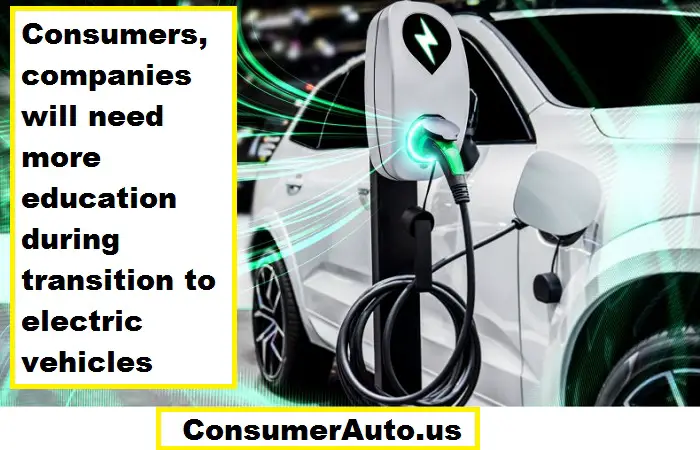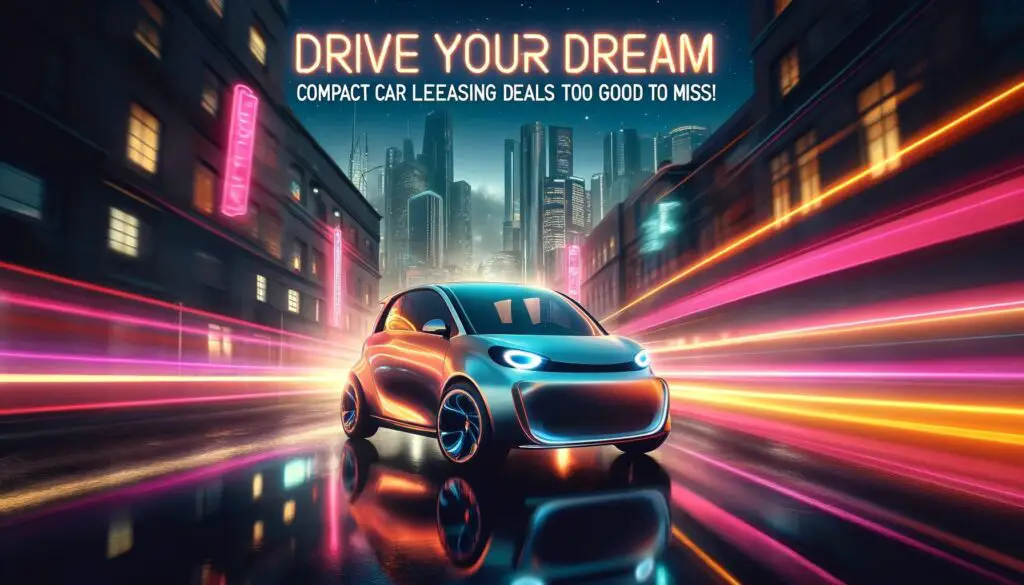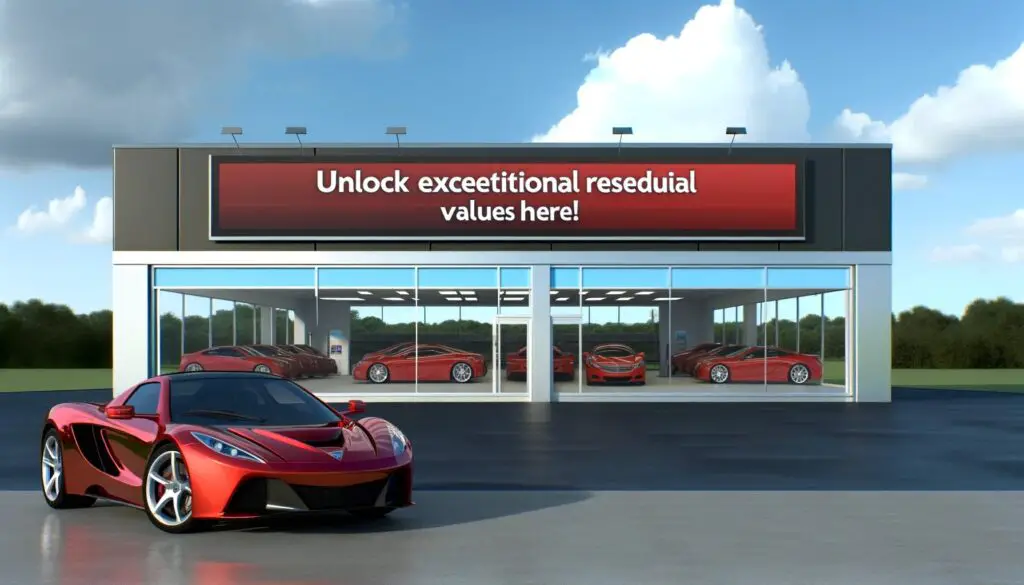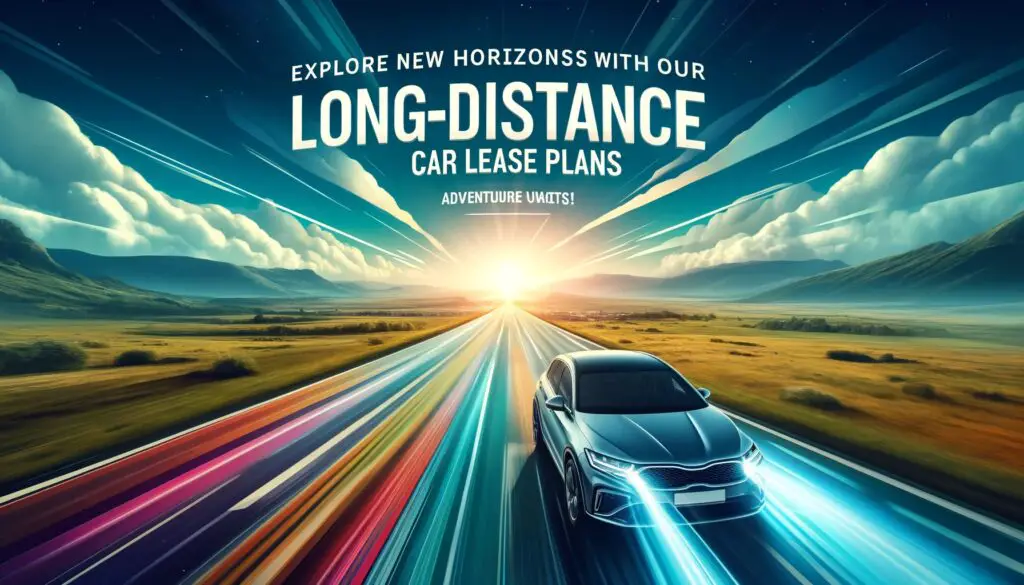In the midst of a profound revolution, as our nation and its states shift towards embracing electric vehicles (EVs), there arises an imperative need for extensive education to guide both consumers and companies through this transformative journey. This article delves into the heart of this transition, highlighting the significance of education, the historical context, and the critical players in the electric vehicle landscape.
Understanding the Educational Imperative
As the automotive landscape evolves with the transition to electric vehicles, knowledge dissemination becomes a vital tool to facilitate seamless adoption. Recognizing this, a pivotal discussion occurred at the “EVs Then and Now” exhibit held at the Ford Piquette Avenue Plant Museum in Detroit. The discourse illuminated the pressing necessity for comprehensive educational efforts to accompany the shift from conventional internal combustion vehicles to the innovative world of electric mobility.
Unveiling Detroit’s Electric Vehicle Heritage
The exhibit garnered attention from automotive enthusiasts across the region, who converged to witness Detroit’s century-long history of electric vehicles. The museum’s spotlight on both past achievements and future prospects highlighted the potential of electric vehicles as a driving force for change. A particularly significant backdrop for this narrative was provided by the Ford Piquette Avenue Plant, where Detroit’s automotive journey began. This historical location nurtured the inception of the Detroit Electric Company, along with other pioneering EV manufacturers like Century, Columbian, Flanders, Grinnell, and even Henry Ford himself.
Honoring the Past, Paving the Future
Jill Woodward, the president of the Ford Piquette Avenue Plant Museum, emphasized the mission to share the captivating history of Detroit’s Milwaukee Junction, underscoring its role as a cradle of automotive innovation. The collaboration between Bill Heller, Vice President of Sales at LC Manufacturing, and Peter Nikolajevs, a board member at Piquette, culminated in the inception of the “EVs Then and Now” event. A remarkable contribution to the exhibit was made by Bill Heller and his wife, Robin, who lent their 1918 Detroit Electric car to the museum. This gesture encapsulated the essence of the exhibit by bridging historical significance with contemporary progress.
Pioneers and Visionaries
The journey towards embracing electric vehicles as a norm involves the collective efforts of pioneers, visionaries, and industry leaders. Among these individuals, Mujeeb Ijaz, Founder and CEO of ONE (Our Next Energy), stood out. Ijaz’s personal collection of antique EVs and the loan of his 1912 Baker EV car for the exhibit underscored his commitment to promoting the legacy and evolution of electric vehicles. His sentiments echoed the sentiment of electric cars’ early popularity in the 1900s due to their performance and ease of refueling at home, a concept resonating strongly even in today’s EV landscape.
Shaping the Workforce of Tomorrow
While the transition to electric vehicles brings technological advancements, it also demands a paradigm shift in the workforce landscape. Mujeeb Ijaz articulated the necessity to rethink approaches towards attracting and training the future workforce for the burgeoning ‘green-collar’ jobs sector. This compelling vision encapsulates the essence of transitioning towards a sustainable and electrified future, not just in vehicles but in the workforce that powers them.
Industry’s Response to Change
The transition to electric vehicles has catalyzed transformation even among long-established companies. Michael Tercheck, Sales Director of E-Mobility OEMs for Freudenberg-NOK Sealing Technologies, acknowledged the profound impact of clients transitioning from internal combustion engines to EVs. This shift has necessitated an adjustment in game plans to meet the evolving needs of the EV market. As legacy products are maintained, a parallel focus is directed towards developing products aligned with the growing demands of EV customers.
A Vision Beyond Boundaries
As we embrace a future defined by electric mobility, it’s imperative to acknowledge the educational, historical, and industrial dimensions that collectively shape this transition. This article aims to encapsulate the essence of the ongoing paradigm shift, underlining the significance of education, the echo of history, and the dynamic industry response. The transition to electric vehicles is not merely a change in technology; it’s a transformative journey that influences economies, communities, and the global environment.
In conclusion, the transition to electric vehicles represents a multifaceted journey that requires education, historical perspective, and a dynamic response from the industry. This article aims to provide a comprehensive guide that enlightens, informs, and ignites interest in the exciting world of electric mobility. As the automotive landscape embraces change, let us navigate this transition with knowledge, vision, and a commitment to a greener future.





